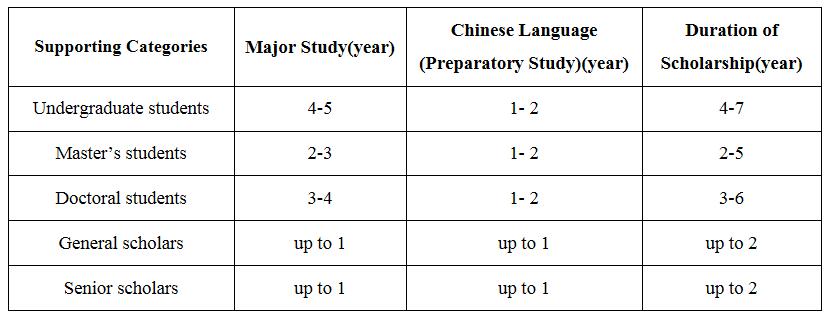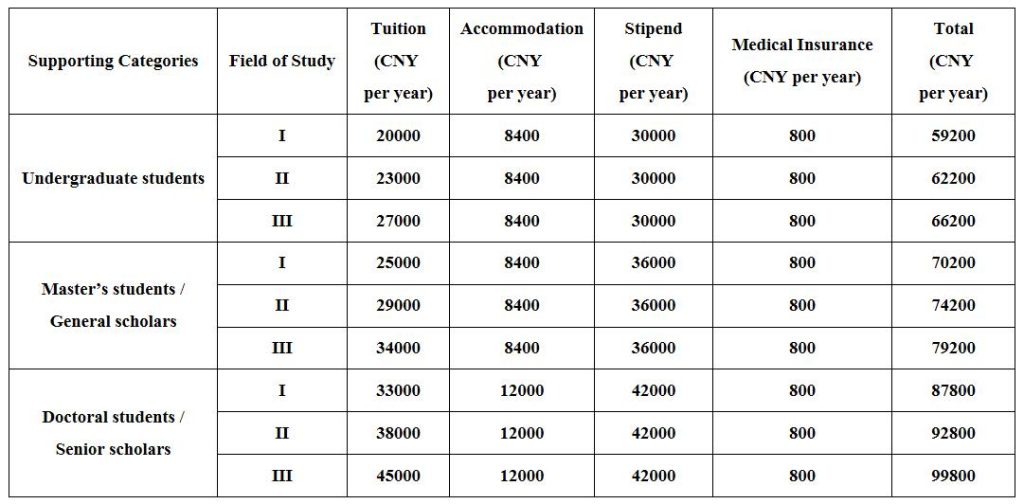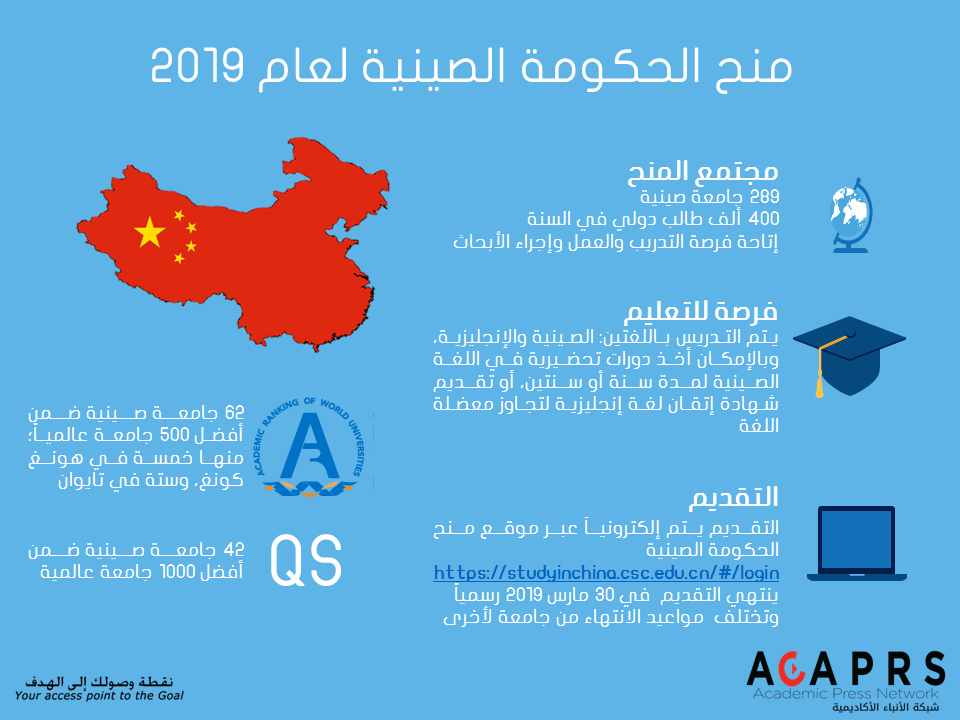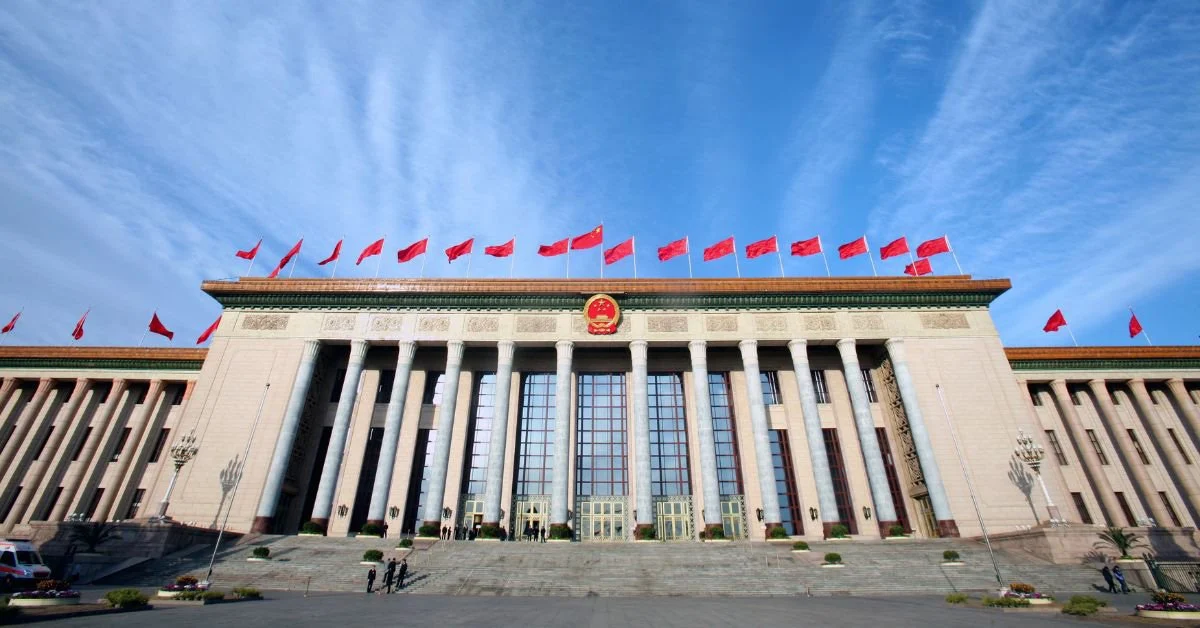More than 400,000 international students at 289 Chinese universities annually
Winners will be announced next July.
There are seven types of scholarships in China, including: Cultural Exchange Scholarships Between the Chinese government and the governments of other countries, institutions, universities, or international organizations, these scholarships are directed to undergraduate and graduate students, researchers, and applicants must apply through the ministries of higher education in other countries.
It also includes Chinese University Scholarships Some regional education offices in specific provinces or autonomous regions recruit outstanding international students for undergraduate and graduate studies in China. Applications are submitted through the Chinese universities' websites.
The third of these grants is known as:(Great Wall of China Program) It is offered to researchers coming to China through the United Nations Educational, Scientific and Cultural Organization (UNESCO), and applications are submitted through UNESCO offices in the researchers' countries.
The fourth, fifth and sixth are based on geography, as they are presented Scholarships for EU students, followed by Students from ASEAN member countries, reaching Pacific Island CountriesThe first is applied for through China's diplomatic missions in European countries, the second through the ASEAN University Network (AUN), and the last through the Pacific Islands Forum (PIF) Secretariat.
The last one is WMO Grants To study and conduct research in the supervision and management of meteorology, hydrology, and water resources in China. It supports only undergraduate and graduate students, and applications are submitted through the organization itself.
There are other research and specialized grants offered through the China Scholarship Council and its contracting organizations.

Financial support is provided to Chinese scholarship students based on their study category. The first category includes philosophy, economics, legal studies, education, literature (excluding fine arts), history, and management. The second category includes science, engineering, and agriculture. Fine arts and medicine remain in the third and most supported category.

The names of the scholarship winners are announced in July of each year, and study in China begins in September of each year.

It is worth noting that applying for postgraduate studies does not require a letter of acceptance from a Chinese university supervisor, but this will place the applicant at a specific selection process by the Chinese Scholarship Council.
The conditions for applying for Chinese scholarships are summarized through: Her website To provide each of: a valid passport, educational certificates, a medical examination to ensure that the applicant is free of AIDS and epidemic diseases, two academic letters of recommendation, and a certificate of English language proficiency for programs applied for in English.

